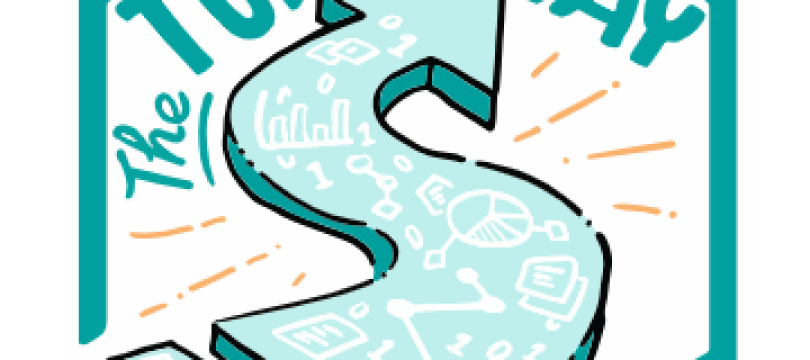Marvellous Microbes: merging art and science
Marvellous Microbes is an educational theatre project that merges the arts with scientific research to engage young audiences with the invisible world of microorganisms. In collaboration with Durham and Newcastle Universities, the project was developed by Cap-a-Pie to capture the magic of microbes through captivating storytelling, music, and interactive activities.
A case study from Katy Vanden, Producer at Cap-a-Pie
Launched in June 2024, the project reached over 450 Key Stage 1 children and their families in its first 6 months, sparking curiosity about the crucial role of microbes in environmental sustainability. Marvellous Microbes illustrates the potential of creative approaches to science engagement, blending artistic expression with scientific content. The project, led by Cap-a-Pie, involved:
- Dr. Lorraine Coghill & G. J. Russell Electron Microscopy Facility at Durham University
- Dr. Pavlina Theodosiou and Dr. Sharon Velasquez Orta at Newcastle University
- Jeannie-May Adam (Assistant Facilitator)
- Roma Yagnik (Composer)
- Katie Doherty (Songwriter)
- Laura Lindow (Director)
- Rachel Glover (Production Manager)
- Imogen Melhuish (Set and Costume Designer)
- Anne Hornsby (Audio Description Specialist)
- Anna Melling (Makaton Sign Specialist)
- Caroline Ryan (BSL signer, at selected workshops)
Purpose
The primary goal of Marvellous Microbes was to engage children with the wonders of microorganisms and their vital role in environmental sustainability. By making complex scientific concepts accessible and exciting, the project aimed to spark curiosity and increase awareness. Marvellous Microbes was designed with a strong commitment to accessibility and environmental responsibility. The workshops raise awareness of microbial science and also sets an example by being entirely transportable by bike, reducing reliance on fossil fuels. Makaton and integrated audio descriptions are incorporated into all performances, ensuring events are accessible to a broader audience.
Background
Marvellous Microbes emerged from Cap-a-Pie's previous successful collaborations with scientists researching microbial applications in energy and environmental conservation. Recognising the potential to bridge the gap between science and young audiences, Cap-a-Pie sought to create an educational theatre experience that would make the science of microbes both understandable and engaging for children.

My girls are autistic, so we loved the use of Makaton
Dr Sharon Velasquez-Orta, Newcastle University:
"My participation in Marvellous Microbes enabled me to communicate my research in a fun and reachable way. Collaborating to translate our work into an enticing kids' play was thoroughly enjoyable, and led to enriching conversations with children, expanding our overall perspective".
Dr Lorraine Coghill, Durham University:
"We jumped at the chance of working with Cap-a-Pie on Marvellous Microbes. The project allowed us to engage with a diverse audience across the North East, far beyond what we could achieve as an individual organisation, and helped us see things from both the children's and microbes' perspectives".
Dr Pavlina Theodosiou, Newcastle University:
"Seeing how the Cap-a-Pie team transformed my research into a theatrical play with such creative storytelling was refreshing and enjoyable. Engaging with students after they watched the play was particularly fulfilling".

